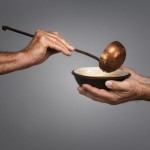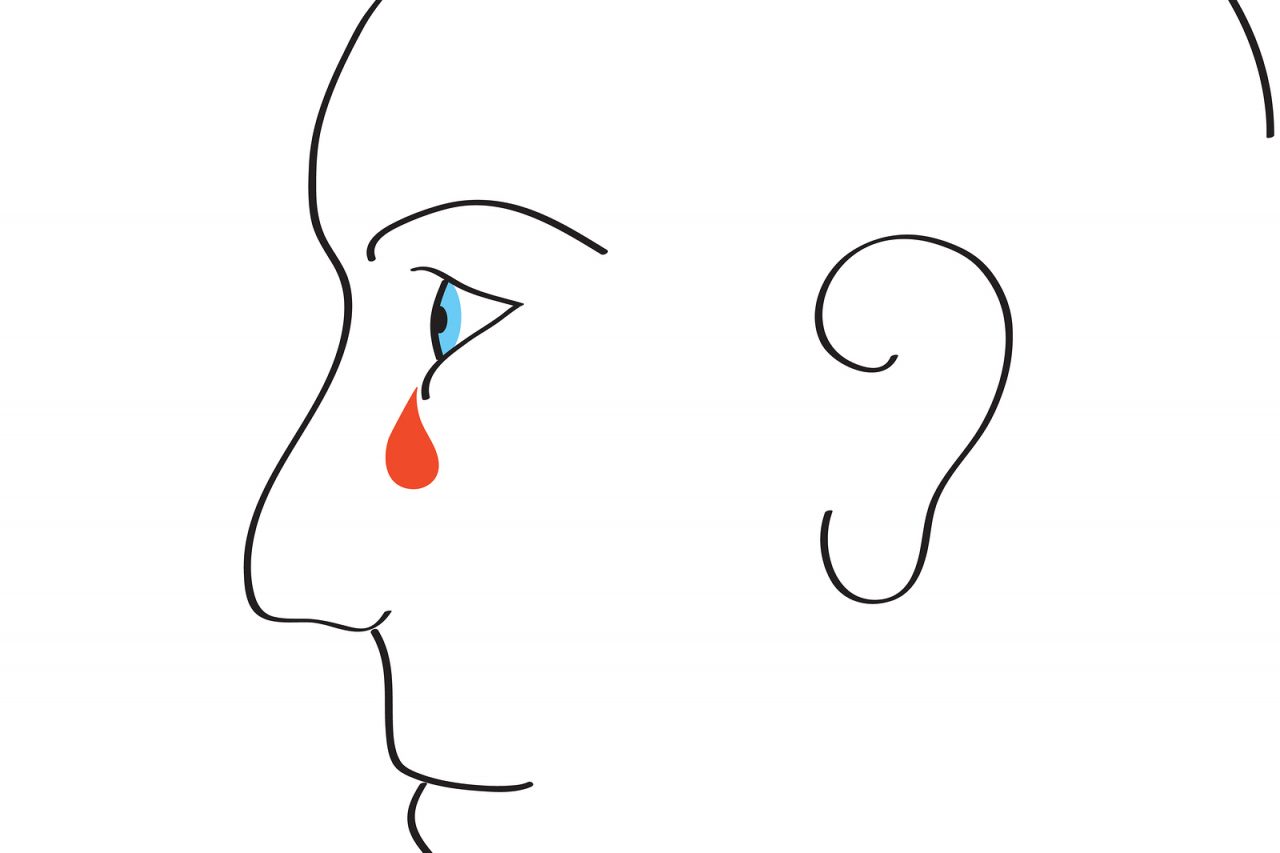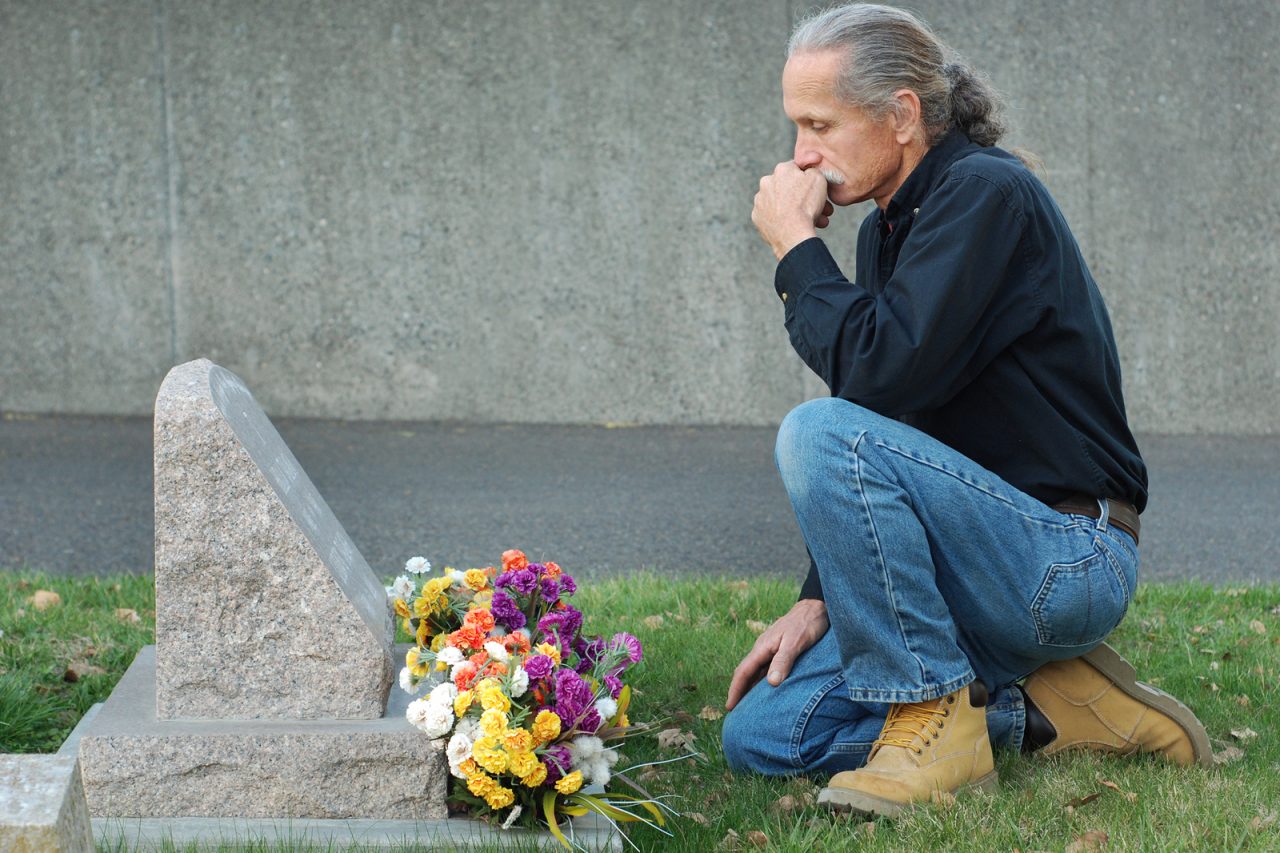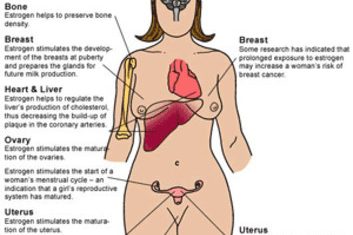…the undiscovered country, from whose bourn no traveler returns, puzzles the will and makes us rather bear those ills we have than fly to others that we know not of.
Hamlet Act 3, scene 1, 55-87
Diagnosed with metastatic esophageal cancer on June 8, 2011 Christopher Hitchens found that he had been transported to a foreign place. Until his death 18 months later the award winning author picked up pen and wrote about his travels in a “new land” where everyone “smiles encouragingly,” “where the cuisine is the worst of any destination” and where a language is spoken that “manages to be both dull and difficult.” The recently published book “Mortality” is his voyage into “sick country,” a place we will call CancerLand.
The idea of moving far away is also described in Chet Skibinski’s 2012 diary-like book, “Cancer Country. “ “On May 15, 2008, I stepped into a foreign country” with freakish rules and disturbing customs. Skibinski takes the reader along on his journey though several years of complex care and metamorphosis, not only medical, but also social, spiritual and personal.
CancerLand is a place not only of a body which visits hospitals, clinics, subjected to knives, drugs, x-rays and deconstruction by machine, but it is a destination of mind, where confusion, isolation, and fear transform knowing, growing and comfort in a bizarre, painful, spinning world which tries to break down the soul to yield suffering. As both patient authors note, it is a transit from which it is difficult to return.
Cancer patients are cast out from safety, stability and control to a state of danger, chaos and subjugation. Understanding the disease process as a distinct place, with strange language, customs and goals provides clues to the survival of body and mind. Seeing CancerLand as an unwelcome Kafkaesque journey may help us fight the disease and adjust to the changes that occur.
In Cancerland, as on any foreign voyage, the traveler will fair best that has knowledge and control. This does not mean becoming a medical expert, but rather teaching the experts that you are the master of your fate and they need to educate and advise you, not direct or demand. If you understand the rules and insist on guiding your own decisions, you will tolerate care and better cope. While it may help to learn some of the language, this is one country where you should demand translation. You should always travel with others to help you, hire guides you trust and make careful decisions as you study the landscape. In CancerLand, there are many paths from which to choose and one must examine each. Remember Cancerland is a foreign place not only for travelers but even for those who work there, so take the time to study, cope and consider.
These simple ideas cannot change the reality; Cancer patients take a journey and at least in part, he or she is never coming back. Each patient and family needs to understand this transition, even if it cannot be seen, and accept that learning about this new mental and physical place will take time. The magnitude of the transition depends on much, including the severity of the disease, the type of treatment, the prognosis, spiritual guidance, bonds to family, community ties and personal support. However, for anyone to believe that Cancerland wears off like a lousy seasick cruise is to ignore the depth and complexity of the journey.
The writings of patients can teach us much about their experience dealing with cancer. Most emphasize the bizarre and transformative. It occurs to me that these brave, remarkable poems, blogs and books, are in part an attempt to make sense of the journey and the foreign land to which each has traveled, solidifying their experience and thereby finding firm ground on which to rebuild. Like passports these stories identify each person and where they have been, and perhaps, like passports, these stories help them return home.







3 Comments